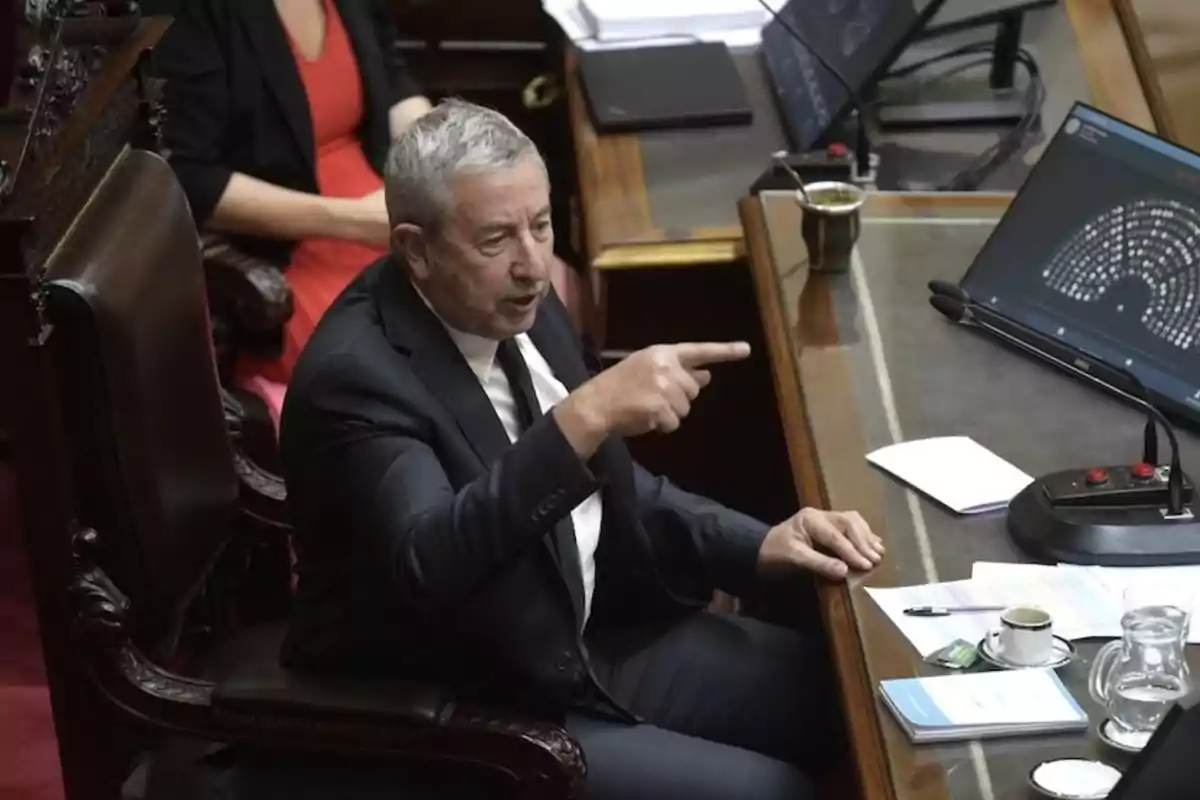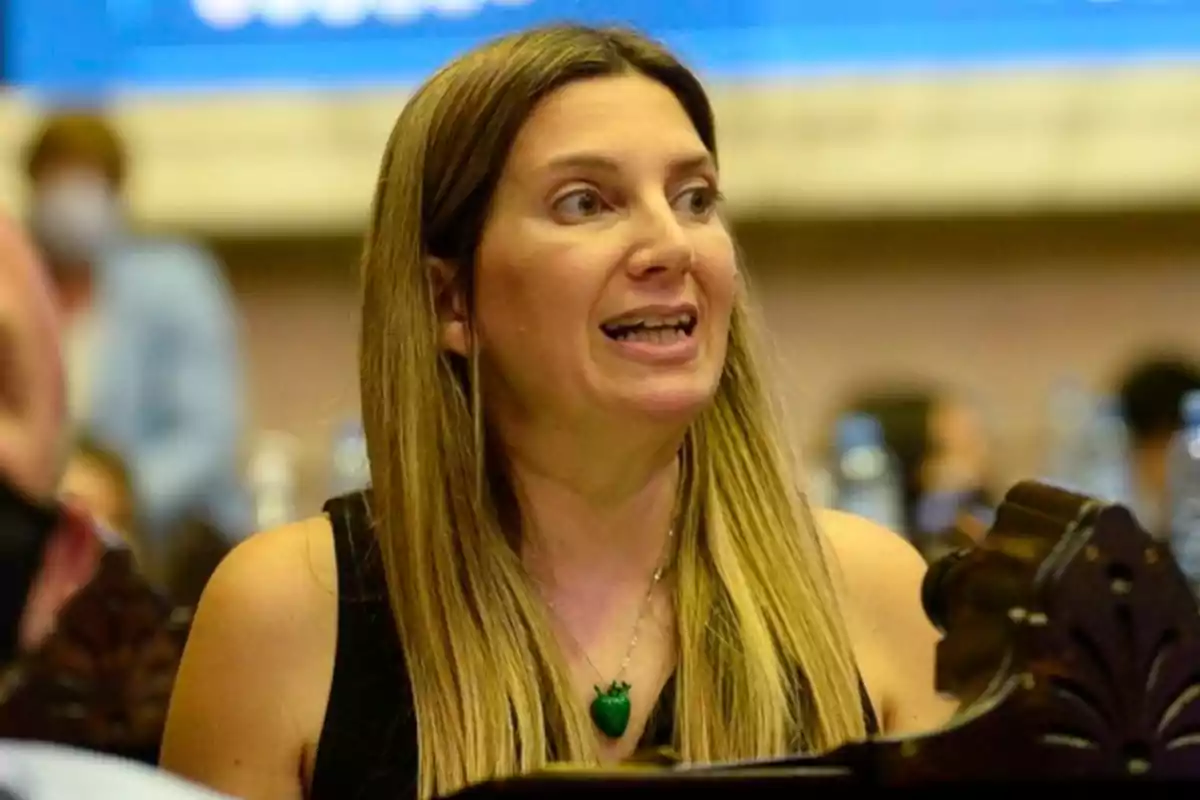
They presented a project to regulate AI-caused content on social media.
The authoritarian project establishes a regulatory framework that opens the door to censorship and state control on networks
In a controversial and authoritarian legislative move, former governor and current radical deputy Julio Cobos, accompanied by legislators from various opposing political forces, presented a bill that, under the pretext of "protecting the electoral system," establishes a regulatory framework that opens the door to censorship and state control on social networks.
The bill, supported by deputies from Encuentro Federal, the UCR, Unión por la Patria, and the Civic Coalition —including Margarita Stolbizer, Danya Tavela, and Adolfo Bermejo, directly aims to regulate digital content caused through artificial intelligence during the electoral campaign leading up to the October 26 elections.

The bill is presented under the pretext of avoiding situations similar to what happened last Saturday when a fake video of Mauricio Macri appeared, saying he was going to withdraw the candidacy of Silvia Lospennatto, the failed PRO candidate in the Buenos Aires elections. However, this video had no major impact as it was evidently fake, and the elections were not affected in any way.
According to the bill's provisions, digital platforms would be required to implement mechanisms for detecting and removing content considered "materially misleading" within a maximum of 48 hours.

If they can't be removed, they must be labeled as "manipulated and unauthentic," something that already exists on the social network X, with the community notes, where users can identify and classify posts as false or misleading.
Additionally, this not only imposes a technical burden that is difficult to objectively oversee, but it also leaves the door open for any critical content to be reported as false for political or personal reasons.
Under the argument of protecting the image of candidates and voters, this initiative places the power to define what is "misleading" or "potentially harmful" in the hands of the State or the tech companies themselves, encouraging a surveillance and silencing scheme that resembles authoritarian practices more than liberal democracies.
More posts: